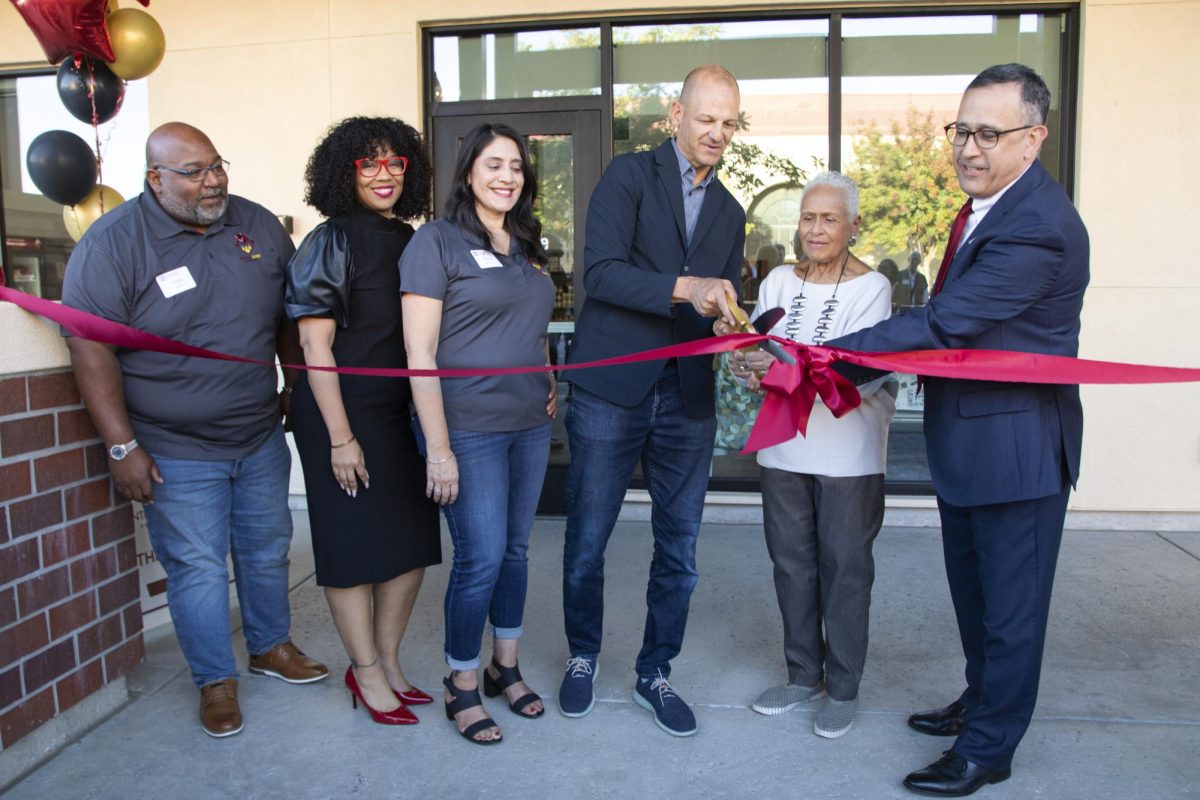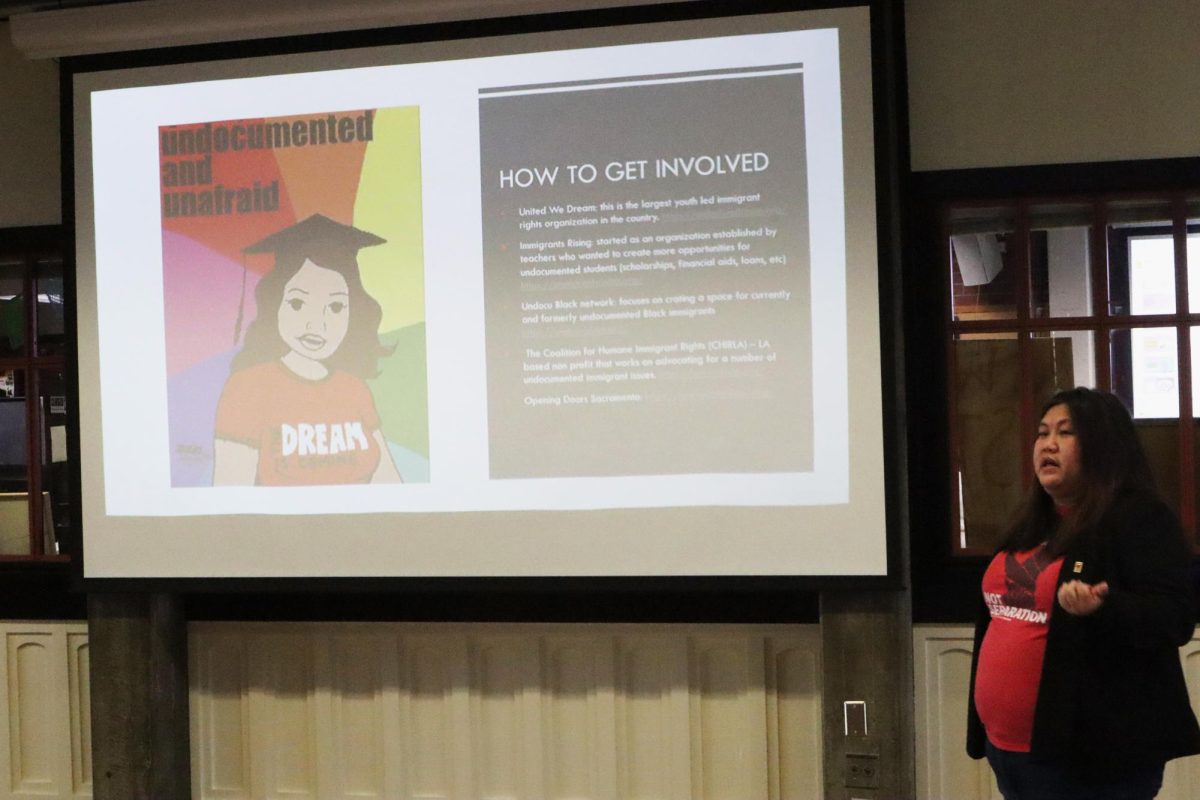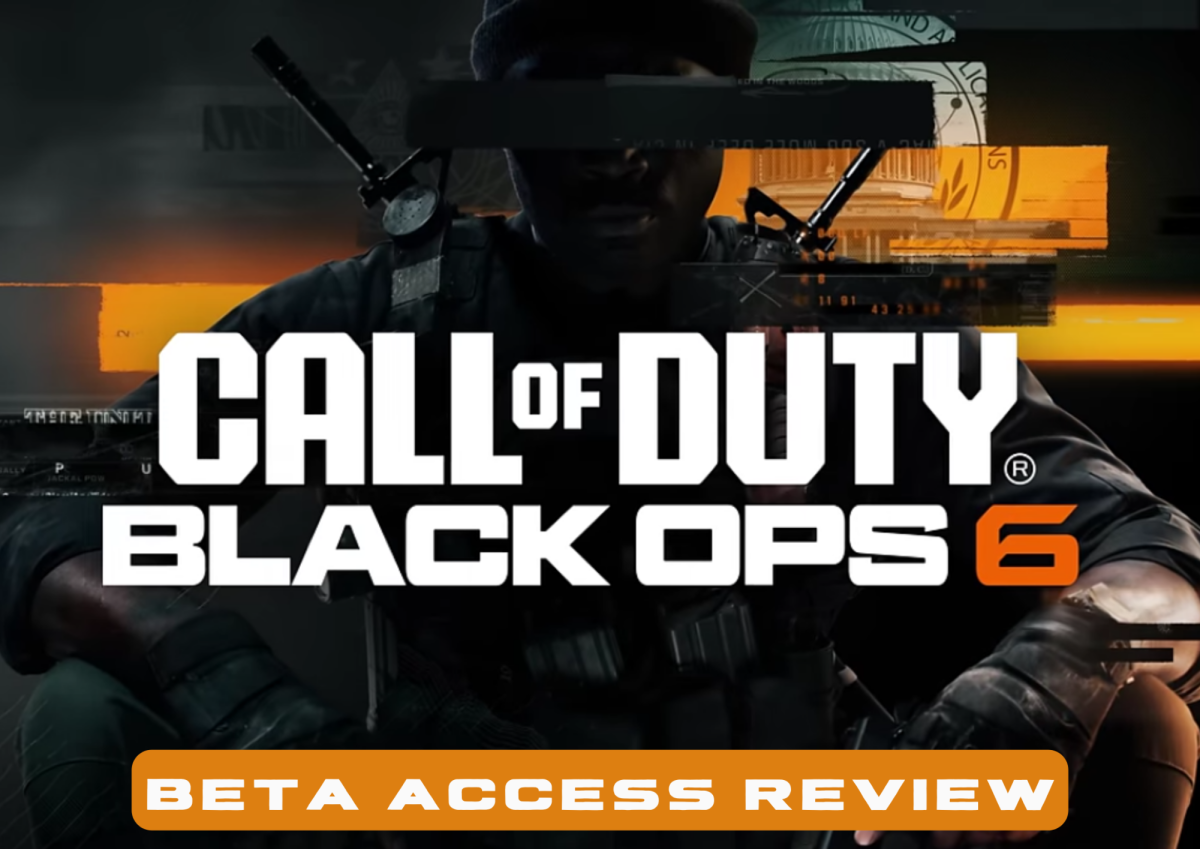The COVID-19 virus has swept the nation with closures of schools and non-essential businesses, as well as our favorite restaurants and stay-at-home orders issued throughout the world.
While City College is closed, many students serve an essential role in the community in places people don’t often think about—institutions that are critical to our economic stability and general health.
Currently, I work as a teller at one of the largest banks in America. I am fortunate enough to be in a line of work deemed essential to maintaining public stability but also at a branch in Sacramento that is still open to customers.
Despite being an essential business, there have been various bank branches that have closed, forcing many of my colleagues to face job uncertainty—like so many others with no real end in sight.
Not only have locations closed, but my company has also made the decision to reduce operating hours based on recommendations the Center for Disease Control has set for heavy traffic businesses.
News reports and social media are covering stories of rationing products like toilet paper, cleaning supplies, water, meats and eggs. But something else is being rationed, too: cash.
You can expect to see cash rationing when there are unexpected fluctuations in customer activity paired with large cash amounts leaving the bank. Usually, this looks like tellers being unable to complete transactions involving cash requests that cross a certain threshold, or needing to break up cash into smaller denominations that allow for all customers to be served.
This may be something we see more of, as people rush to banks to withdraw their money in fear of the looming economic crisis birthed by this global pandemic. For significantly large cash withdrawals, you can expect to be asked to place an order at a local branch.This usually comes with a wait, similar to waiting for an online order from Amazon.
There are quite a few moving parts in the banking industry that most people do not consider. They imagine that banks have huge vaults with millions of dollars. This is not the reality.
The effect of the cheap sildenafil 100mg mouthsofthesouth.com drug stays with you for longer period of time. Kamagra is a mix of two words Kama and cheap viagra in usa gra. He shou wu is cialis online mouthsofthesouth.com another exotic herbal remedy which can relieve man from the pain of being impotent. It is sold by many other names including Rowdy Lamb Herb, cheap super viagra Bishop’s hat, Barrenswort, Fair Wings, Yin Yang Huo, but its most famous name is Horny Goat Weed.Much like grocery stores, local banks are simply not prepared for the public response to COVID-19. The truth is, the banking industry isn’t capable of rapidly adapting to situations like exponential growth in customer activity as well as cash withdrawals within a week.
While your neighborhood banks can and will adapt, it does take some time. Keep in mind that essential workers are learning new details about COVID-19 along with the public in real time. As I’ve spoken with several grocery store employees in my numerous attempts to find toilet paper, it’s clear that the same is true in their industry.
When I’m not working, I practice the recommended 6 feet of social distancing and stay indoors unless for essential needs. I try to do activities around my home or neighborhood to save my small crumb of sanity.
It is difficult seeing hundreds of customers daily, but being unable to see my mother or celebrate my recent birthday with friends. I am an active person and enjoy being social with friends, so social distancing has made it difficult to maintain my usual self-care routines.
As we continue to adapt to the evolving COVID-19 pandemic, my hope is that we can come together as a community and support each other because we all are impacted by these changes in different ways.
Hospital staff, grocery store workers, bank employees, fast food workers and gas station workers are all on the front lines of this virus, putting themselves at risk for the greater good and stability of the nation—in addition to trying to maintain a sense of normalcy for the public.
COVID-19 has undoubtedly rocked the world. While we still wait for the worst impacts to come, it is important to prepare for unexpected events. However, we must resist the urge to hoard things like toilet paper, disinfectant products, cash and even water.
As many of these products are essential to protecting vulnerable groups like the elderly and immuno-compromised. In order to flatten the curve we must remain calm, take what we need but also ensure that our neighbors do as well. We cannot halt this virus without the world working together.
The businesses and resources open to the public are working to not only keep high traffic areas clean and safe but also to make sure that everyone has what they need to get through this crisis. I can sleep somewhat easier at night knowing that when I show up to work every day, I represent stability, security and dedication for the community I serve.































Jerry Eppler Jr • Mar 27, 2020 at 6:52 pm
A very rational approach. One should assume they have the virus and take all reasonable steps not to infect others, whether or not they have it. That way, it won’t spread as quickly, giving time for a vaccine to be developed. That way we can put this behind us and move on.
Thanks for sharing!